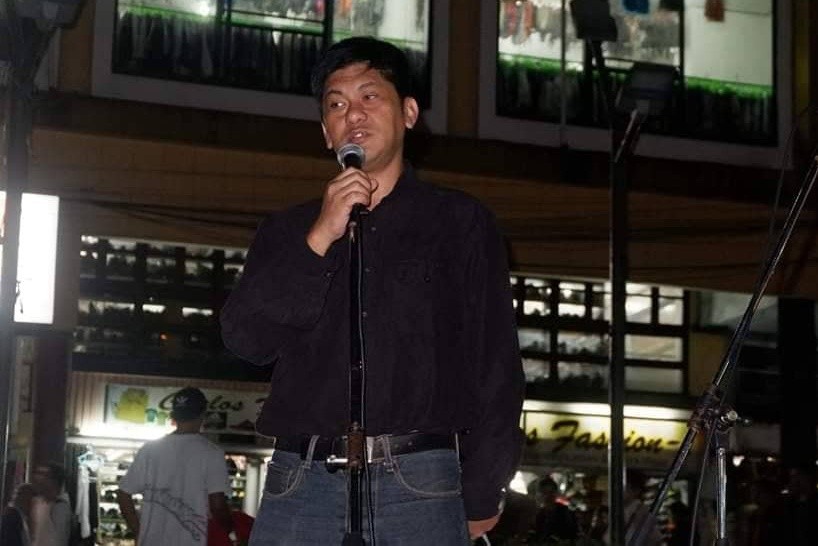Human Rights Watch called for the decriminalization of libel and cyber-libel following the conviction on Tuesday, December 13, of Filipino journalist Frank Cimatu of cyber-libel.
“We find the verdict convicting journalist Frank Cimatu of cyber-libel very concerning,” said Carlos H. Conde, senior Philippines researcher of Human Rights Watch, in a statement.
Conde noted that the verdict on Cimatu’s case came days after an activist, Sarah Dekdeken of the Cordillera Peoples Alliance, was also convicted of the same offense.
“[It] highlights the precariousness of freedom of expression in the Philippines,” he said, adding that the recent rulings “underscore the need to decriminalize libel and cyber-libel.”
“No person should spend a day in jail for expressing an opinion or reporting the news. Criminal libel is an assault on democracy and freedom of expression,” said Conde.
A court in the Philippine capital convicted Cimatu of cyber-libel over a Facebook post pertaining to former Agriculture Secretary Manny Piñol.
The Quezon City Regional Trial Court Branch 93 sentenced Cimatu to imprisonment of six months and one day to five years, five months and 11 days, and ordered him to pay Piñol PhP300,000 as “moral damages.”
“Following a painstaking review of the pieces of evidence presented by both parties, the Court finds that the evidence of the prosecution satisfies the test of moral certainty and is sufficient to support a conviction,” said acting presiding Judge Evangeline Cabochan-Santos in a 19-page decision.
The court found that Cimatu’s Facebook post where he said that Piñol “got rich by P21-M in 6 months” was defamatory as it “appears to be an imputation of a crime.”
The court also found that Cimatu acted with malice in writing the Facebook post, even if it said that the post was privileged communication as it targeted a public official as the journalist “failed to show any proof to establish that his post was done in good faith.”
In 2012, the United Nations Committee on Human Rights declared that the continued criminalization of libel in the Philippines violated the country’s obligations under the International Covenant on Civil and Political Rights.
Journalists in the country have long called to decriminalize libel, along with the graver cyber libel offense stipulated in the Cybercrime Prevention Act of 2012.







